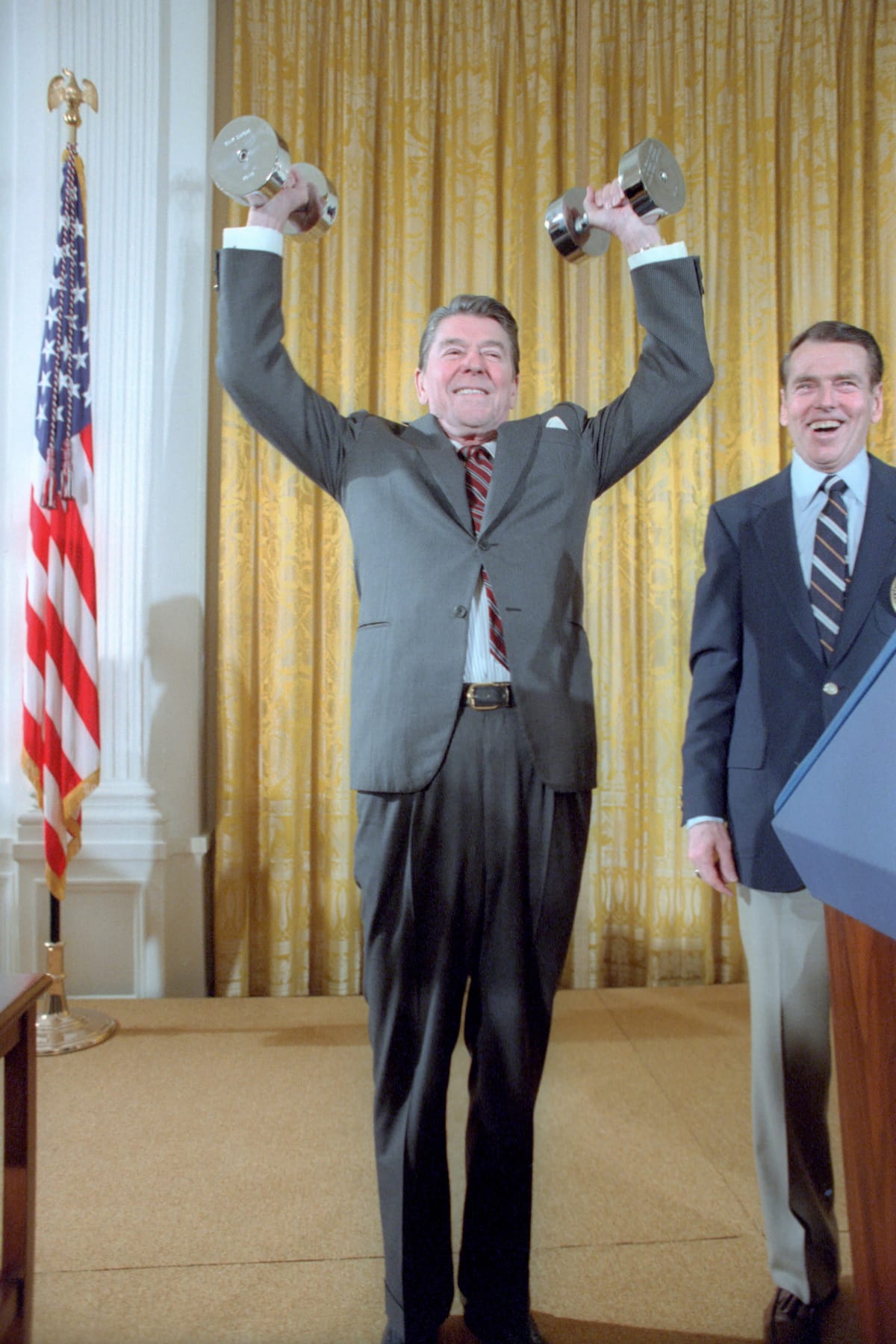The Different Kinds of Power a Politician Can Have

Once, at a town meeting about off-leash hours (a hot and contentious local issue if ever there was one), a bird lover used a distinction I've never forgotten.
There's perception and there's reality, he said. The reality is that off-leash dogs generally aren't harmful to birds. But the birds' perception is that they are, and so they'll stay away from an off-leash area.
As a D.C. journalist recently wrote of politicians, "Power is often a perception that becomes reality."
If you're perceived as powerful, that perception becomes the reality that you are powerful. And a politician's power can be measured in a few ways.
Power of Title
Speaker of the House, Whip, Majority Leader, Minority Leader, Mayor, Chairwoman, etc. These are folks either elected or appointed to leadership positions who have a form of power that's as real in legislatures as it is in sleepover invites: the power of being chosen. (If you're itching to dig deeper into titles, scratch that itch right here!)
A whip is a politician in leadership whose job is to take the pulse of where their party members are on an issue and whip votes. To quote Democratic Senate Whip Dick Durbin's website, "The term whip comes from a fox-hunting expression – “whipper-in” – referring to the member of the hunting team responsible for keeping the dogs from straying from the team during a chase." Make of that what you will.
Power of Seniority
In legislatures, seniority often wins the day. The most senior members (by years served, not years lived) are the most likely to get what they want: their bills brought up for a vote, their amendments considered, their Committee appointments honored, their earmarks included in appropriations bills.
In fact, for U.S. Senators, actual office space is chosen based on seniority. Senator Chuck Grassley, the most senior Senator clocking in at four plus decades, would likely have the sweetest digs.
Power of Respect
This is one of the most interesting and nuanced powers. If your colleagues respect you, they will be more likely to clear a path for you or at least chisel down the obstacles.
Congressman Tom Cole, Chair of the House Appropriations Committee (which has the power of the purse), is one of the few Republicans "Democrats say they enjoy working with," which means they'll be much more likely to cut deals and horse trade.
(Congressman Cole is also an avid cigar smoker, so there will indeed be smoke-filled backrooms, though he may be the only one in them.)
Power of Negotiation
This is closely related to respect. Legislatures the land over are filled with show ponies (see Too Many Names to Mention). They know how to act the part - they make statements at Committee hearings, drop press releases, introduce bills.
Far fewer politicians know how to legislate – that is, to get a bill with meat on its bones across the finish line. Those workhorses who do are the ones in conversation with politicians they might disagree with on everything besides this one issue they're discussing, who figure out where middle ground can be found, who find a way to sell the negotiation to their party. They're often the reason anything gets done at all. (More about how to spot a workhorse here.)
No permanent friends and no permanent enemies, goes the negotiation adage. Or, as Senator Dick Durbin said of the Senate, "There are a lot of titanic egos on a very small boat, and the fellow you push overboard today may be the one that's going to save your life tomorrow."
An interesting aside here on Senator Ted Cruz. He's a proud obstructionist who found himself leading the Republican effort to get the Federal Aviation Administration (FAA) reauthorized, which meant he was trying to get his colleagues not to be obstructionist, much to the amusement of his fellow Republicans. As one Senate Republican put it, quoting the movie Airplane!, And now "the foot's on the other hand."
Media Power
And then there are the legislators who, for better or for worse, command attention, whether in the press, social media, podcasts, or elsewhere. Some are show ponies who use press hits as a fundraising tool, some are workhorses who recognize when media attention could help move an issue forward.
Media power is no small power: there are 535 members of Congress; my own legislature in Maine has 186 members; even Nebraska, the smallest state legislature, has 49 members. Legislatures are too big for all the legislators in them to have star power.
It's a small number who can call a press conference that journalists will attend or put up social media posts that people will notice (unless it's inflammatory). Which is to say that the vast majority of legislators have very little media power.
Of all the powers we've discussed, media power is often a bit more perceived power than actual power. But in policy spaces, it's a fast and slippery slope from perception to reality.
Legislatures revolve around power: who has it, who stands to gain or lose it. The more we understand those dynamics, the more we understand how to use those dynamics in service of building the world we want to live in.
